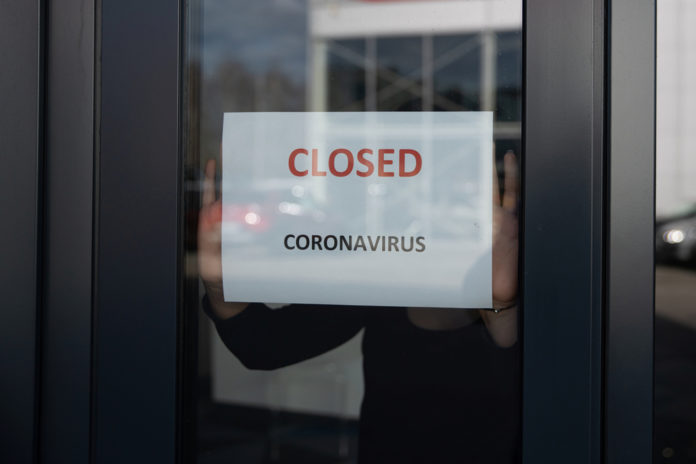Protest challenging various aspects of agency’s technical evaluation is denied. The protester argued that the agency disparately evaluated its back up staffing plan. But GAO found that the protester and awardee proposed substantively different staffing plans, and that the awardee’s approach ensured fewer staffing gaps. The protester objected to the assessment of it mission-essential plan. The court, however, found the evaluation appropriate because the protester had failed acknowledge the effect that the COVID-19 pandemic could have on performance. Finally, the protester complained about the evaluation of its compensation plan. The court opined that the agency reasonably determined that the protester’s low compensation rates could impact its ability to recruit and retain staff.
The Army posted a solicitation seeking food service workers at a Medial facility in Tacoma, Washington. Ten offerors, including Glocoms, Inc and Dilligas Corp., submitted proposals. The Army found that Glocoms was ineligible for award due to a marginal technical rating and an unacceptable price. Following award to Dilligas, Glocoms filed a protest with the Court of Federal Claims.
In response to the protest, the Army took corrective to reevaluate proposals. This time around the Army found Glocoms’s price fair and reasonable, but its proposal still had a marginal rating under the technical factor. The Army once again determined that Dilligas’s proposal represented the best value. Glocoms then filed a second protest with the COFC.
Glocoms first asserted that the Army disparately evaluated its back up staffing plan. The solicitation required offerors to provide a backup staffing plan to ensure there were no gaps in service. The Army assigned Glocoms plan a marginal rating, finding that Glocoms’s back up staff did not come to work on a normal basis, which could result in gaps of service. Glocoms claimed that its plan provided as reasonable a method for providing bac up employees’ as Dilligas’s plan.
The court, however, found the Army’s evaluation reasonable. Glocoms’s plan did not provide an opportunity for contingency staff to train at the medical center. By contract, Dilligas’s plan allowed for cross-training employees and using current employees to cover absences. The Army could reasonably favor the training and experience offered by Dilligas’s plan.
Next, Glocoms objected to the assessment of its mission-essential contractor services plan. But once again, the court found that the evaluation was reasonable. Dilligas’s plan had acknowledged the possibility that staff availability might be affected by the COVID-19 pandemic. Glocoms, however, stated that it did not see foresee any challenges in maintain essential contractor services during an extended and did not even discuss concerns related to the pandemic. The court reasoned that there are numerous challenges associated with maintaining a work force in a pandemic. The Army did not actirrationally in expressing concern about Glocoms’s failure to acknowledge these challenges.
Finally, Glocoms challenged the evaluation of its compensation plan. The Army found that Glocoms plan met the Department of Labor’s minimum requirements. But Glocoms compensation levels were lower than the compensation paid to workers under the current contractor. The court opined that the Army could reasonably find that this lower level of compensation could negatively affect Glocoms’s ability to recruit and retain staff.
Glocoms is represented by Sheridan Leigh England of S.L. England, PLLC. The intervenor, Dilligas, is represented by W. Stephen Graves of Graves Law Firm. The government is represented by Mikki Cottet, Ethan P. Davis, Robert E. Kirschman, Jr., and Claudia Burke of the U.S. Department of Justice.




